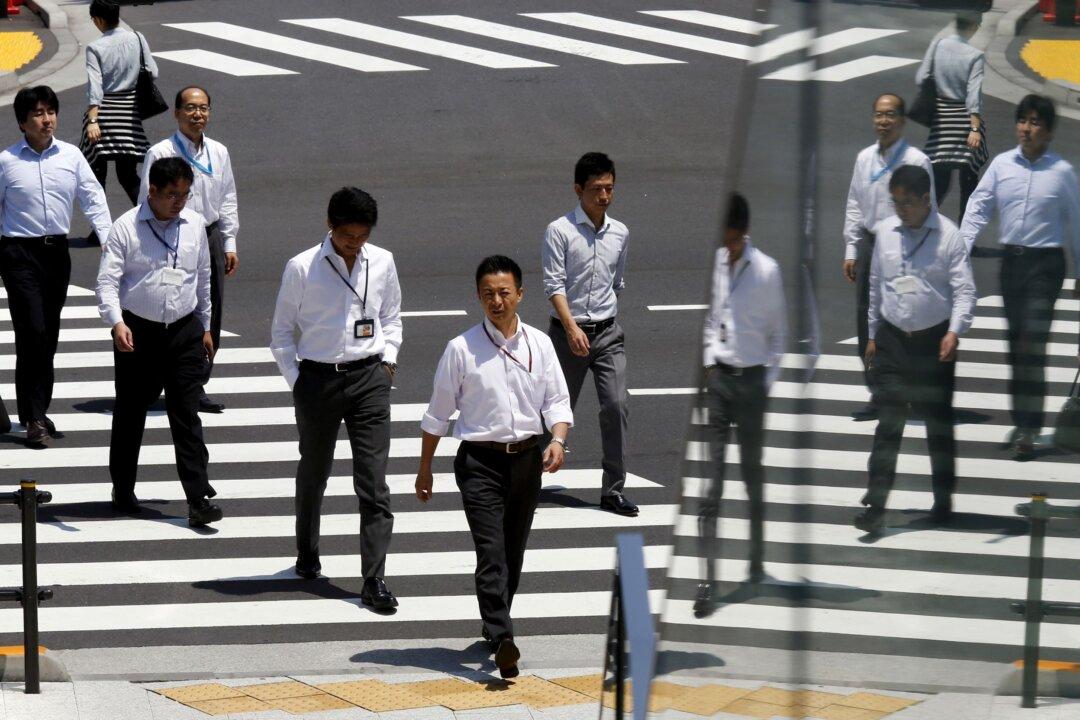Japan’s job availability ratio increased for the sixth consecutive month in June, indicating an increase in hiring across industries, according to data released on Friday.
The jobs-to-applicants ratio climbed to 1.27 from the previous month, indicating that there were 127 job openings for every 100 job seekers in Japan, The Mainichi reported, citing data from the Japanese labor ministry.





